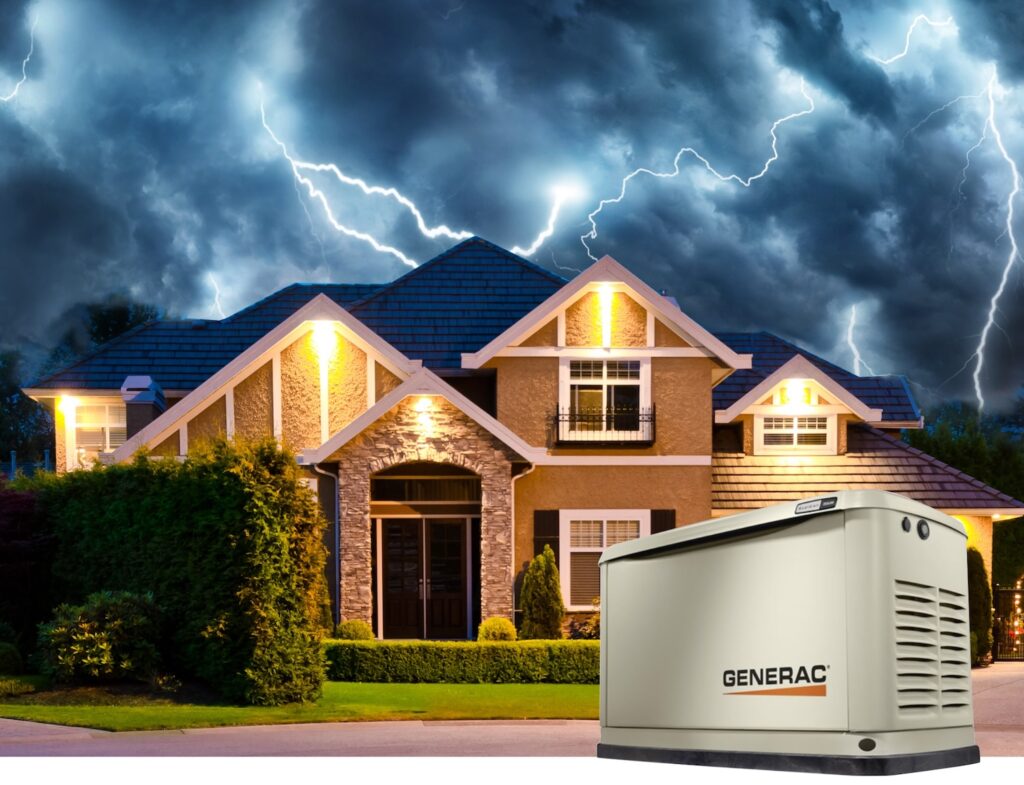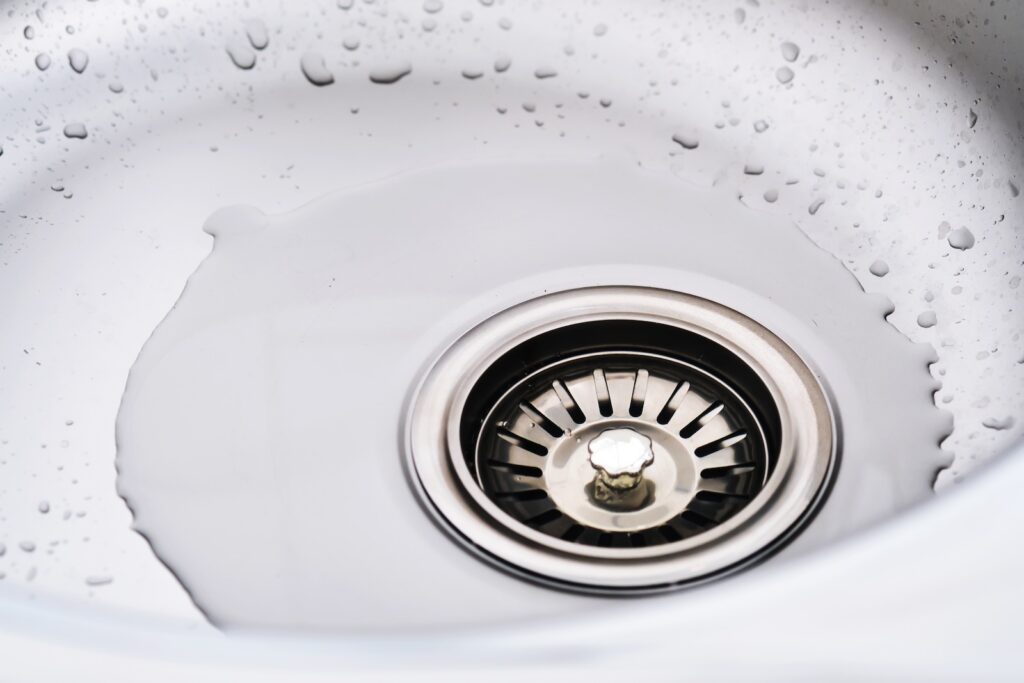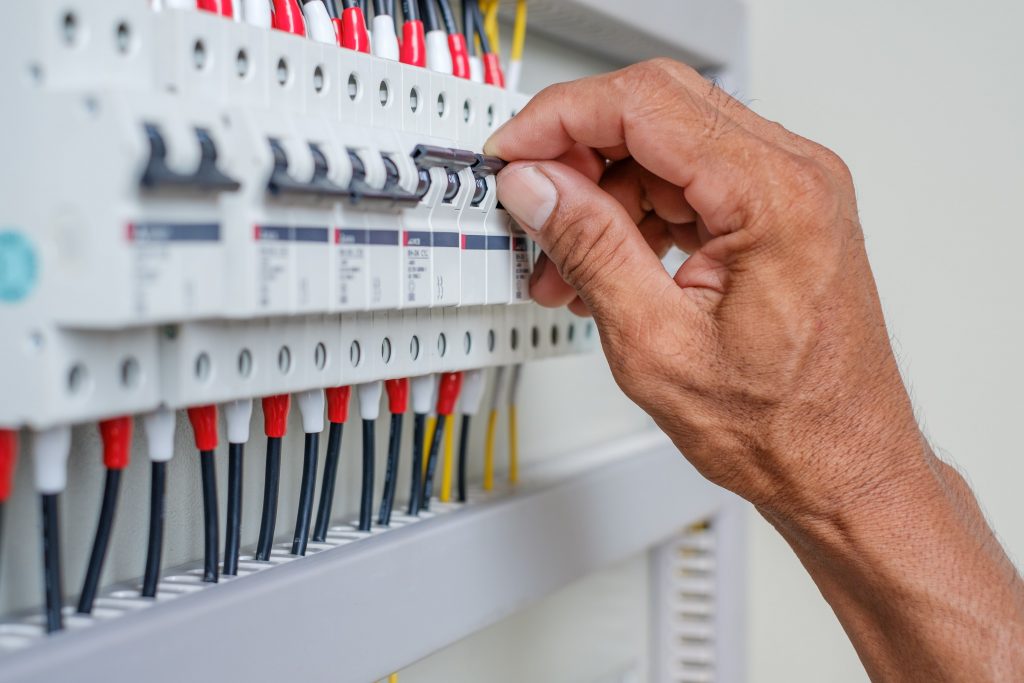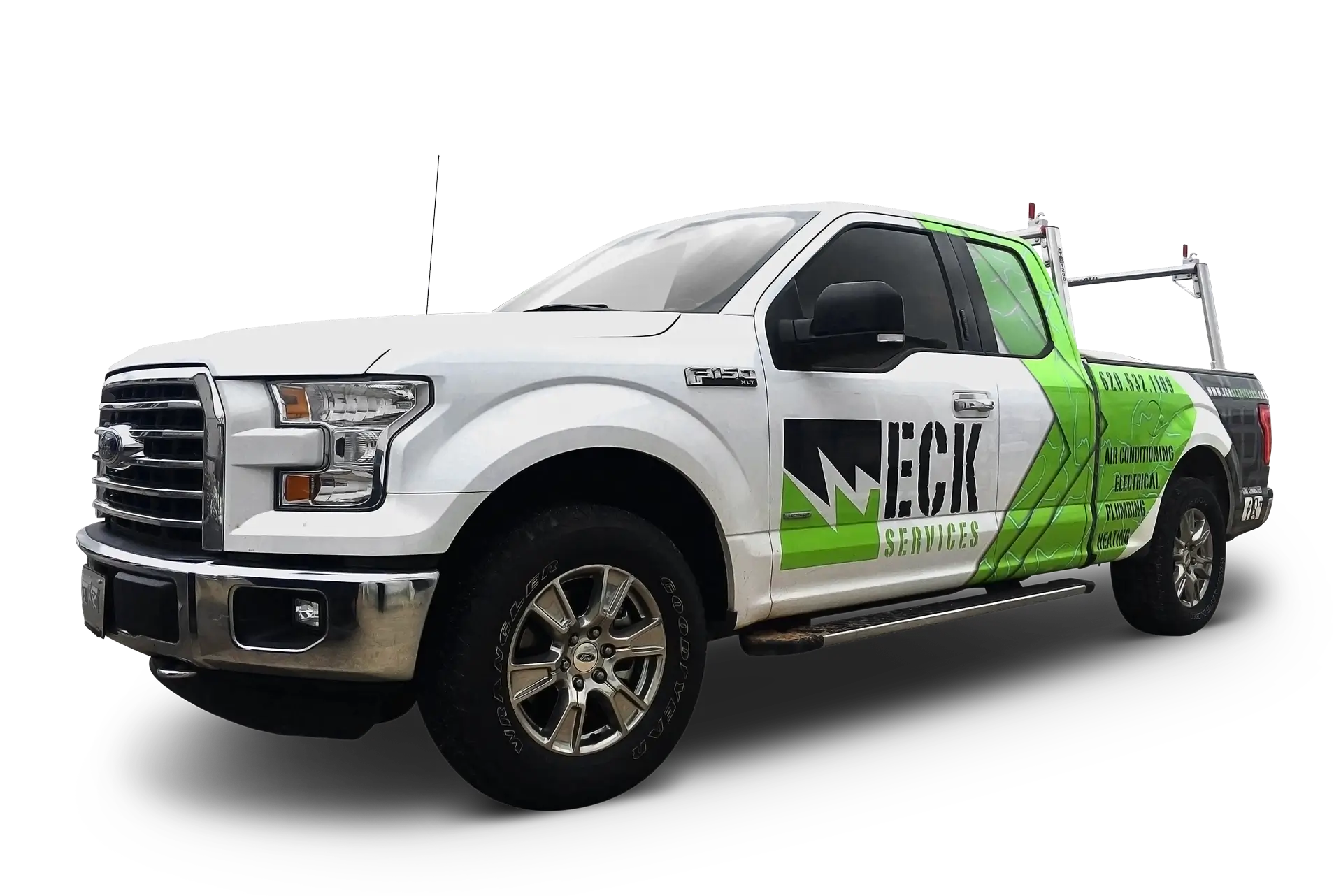Blog
How to Choose the Right Generator for Your Home: Reliable Power Solutions for Every Need

When power outages strike, they can disrupt daily life and leave you vulnerable, especially during extreme weather conditions or other unexpected circumstances. Whether it’s a summer storm, winter freeze, or a power grid failure, losing electricity means losing access to essential home systems—from heating and cooling to appliances and electronics.
To ensure that your home remains comfortable, safe, and powered during an outage, investing in the right generator is crucial. But with so many options available, how do you know which one is right for you? In this guide, we’ll walk you through how to select the ideal generator for your needs, providing reliable solutions that fit your budget and power requirements.
At Eck Services, we pride ourselves on offering honest, transparent service with a commitment to customer satisfaction. Whether you’re looking to power just a few key appliances or need a backup system for your entire home, our team is here to guide you through the process with expert advice and trusted solutions.
Step 1: Identify What You Need to Power
The first step in choosing the right generator is to evaluate what you need to keep running during a power outage. Some homes only require a few essential appliances, while others may need a more robust system to maintain full home operation.
Essential Power Needs
If you only need to power a few key items—like your refrigerator, lights, internet router, and sump pump—a smaller generator may be enough. These units are often more affordable and easier to manage, making them ideal for smaller homes or those with a limited budget.
Benefits:
- More affordable upfront costs
- Easier to install and maintain
- Quieter operation
Best for:
- Short-term outages
- Small homes or apartments
- Homeowners looking for an economical solution
Full-Home Power
For larger homes or those that need backup power for an extended period, a whole-home generator is the more appropriate choice. These systems are designed to power all essential appliances, HVAC systems, lighting, and more, ensuring your home remains functional no matter how long the outage lasts.
Best for:
- Larger homes with multiple power needs
- Homes with medical equipment or sensitive electronics
- Families that want uninterrupted power during prolonged outages
Step 2: Choose the Right Fuel Source
Generators run on various types of fuel, each with different benefits and considerations. The fuel type you choose depends on your location, preferences, and energy needs.
Natural Gas
If you already have a natural gas line to your home, a natural gas generator is a reliable and low-maintenance option. It’s connected directly to your gas line, so you never have to worry about running out of fuel during an emergency.
Benefits:
- Reliable and cost-effective
- Low-maintenance
- No need for refueling
Best for:
- Homes with a natural gas connection
- Homeowners seeking an easy-to-manage backup power solution
Propane
For homes that are off the grid or don’t have a natural gas supply, propane is a solid alternative. Propane generators offer flexibility, efficiency, and clean operation. Tanks can be easily stored on your property, ensuring that you’re never without fuel.
Benefits:
- Clean-burning and eco-friendly
- Easy to store fuel on-site
- Reliable and efficient
Best for:
- Off-grid homes or homes without natural gas access
- Homeowners looking for a flexible fuel source
Diesel
Diesel generators are commonly used for larger homes or commercial properties that require a lot of power. They are highly efficient and can run for extended periods without needing to refuel, but they require more maintenance compared to natural gas or propane options.
Benefits:
- High fuel efficiency
- Suitable for large homes or heavy energy needs
- Reliable power over long periods
Best for:
- Larger homes with high energy demands
- Rural properties with limited access to other fuel types
Step 3: Determine Generator Size
The right size generator is crucial for ensuring that your system provides adequate power to your home without overloading. The size of the generator you need depends on the total wattage of the appliances and systems you want to power.
How to Calculate Wattage
To determine the size of the generator, first calculate the total wattage of the devices you wish to power. Start by noting the starting wattage (the initial surge of power when an appliance is turned on) and the running wattage (the constant power needed to keep the appliance running). Add up the wattages of all devices you plan to power simultaneously.
As a general rule of thumb:
- Small generator: Powers essential appliances like lights, refrigerators, and small electronics (1,000-3,000 watts).
- Medium generator: Powers larger appliances, including HVAC systems and multiple devices (3,000-7,000 watts).
- Large generator: Powers an entire home, including HVAC systems, water heaters, and heavy-duty appliances (7,000-12,000 watts or more).
Sizing Tips
It’s important to avoid underestimating your power needs. A generator that’s too small won’t be able to handle your home’s requirements, while an oversized generator may be more expensive and less efficient. Your generator should provide a balance between your power needs and budget.
Step 4: Installation Process
Once you’ve selected your generator, the next step is installation. Proper installation ensures that your generator runs efficiently and safely, without issues when it’s needed most. Here’s a quick rundown of what to expect during installation:
Initial Assessment
A technician will assess your home’s power needs, taking into account your appliances, electrical system, and fuel options. This evaluation helps ensure that the generator you choose is the right fit for your home.
Permitting and Compliance
Installation may require permits and must meet local building codes. Professional installation ensures compliance with these regulations, keeping your home and generator in top working condition.
Full Installation
Once your generator is installed, a technician will connect it to your home’s electrical system and test it to ensure it’s working properly. They’ll also explain how to use the system and perform routine maintenance.
Step 5: Why Choose a Standby Generator
While portable generators are often seen as a quick and affordable option, they have several limitations. Standby generators offer distinct advantages that make them the ideal choice for homeowners looking for reliable, long-term backup power.
Advantages of Standby Generators:
- Automatic Activation: Standby generators turn on automatically within seconds of a power outage, providing continuous power without any manual effort.
- Safety: Installed outside your home, standby generators reduce the risk of carbon monoxide poisoning and fire hazards.
- Reliability: Standby generators are connected to your home’s electrical system, ensuring seamless power transfer and avoiding interruptions during an outage.
Generator FAQs
How much does a whole-home generator cost?
The cost of a whole-home generator typically ranges between $5,000 and $15,000, depending on the size, fuel type, and installation complexity. It’s essential to get a customized quote to understand the full cost.
How long can a generator run during an outage?
- Natural Gas Generators: These can run as long as there’s a supply of gas.
- Propane and Diesel Generators: Typically run between 24 to 72 hours, depending on the size of the fuel tank and the load.
Will a generator power my whole house?
Yes, a properly sized whole-home generator can power your entire home, including appliances, HVAC systems, lighting, and more. Your technician will help you determine the best size for your home.
Do I need to maintain my generator?
Yes, regular maintenance is required to keep your generator running smoothly. Most manufacturers recommend an annual inspection and servicing to ensure optimal performance.
Why Choose Eck Services?
At Eck Services, we pride ourselves on delivering trustworthy, efficient, and reliable solutions. Whether you’re in need of a backup generator or require emergency services, our skilled technicians are ready to help. Here’s why you can trust us with your generator installation:
- 24/7 Service: We’re available around the clock to ensure your home stays powered when you need it most.
- Trusted Local Expertise: With over a decade of experience in Pratt, Wichita, Kingman, and surrounding areas, we’ve built a reputation for excellence in electrical, plumbing, and HVAC services.
- Transparent and Upfront Pricing: We offer clear, upfront pricing so you know exactly what to expect—no hidden fees or surprises.
- Excellence in Technical Skill and Safety: Our technicians are trained to the highest standards, ensuring safe, efficient service every time.
Get Prepared for the Next Outage
Don’t wait for the next power failure to disrupt your home. Invest in a reliable backup generator today and ensure your family stays safe and comfortable during any outage. Call Eck Services for expert advice, installation, and ongoing support to meet all your power needs.
Don’t Say What the Heck. Call Eck!




